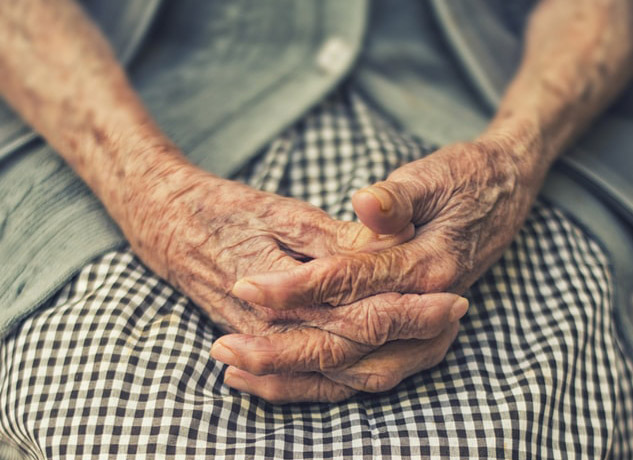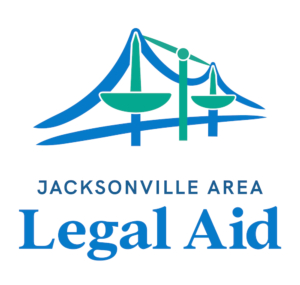
Photo not that of any of the actual clients.
Jacksonville Area Legal Aid is often the only hope for people facing the loss of their homes to foreclosure. Frequently, the homeowners JALA rescues from losing their homes are elderly, sick or otherwise vulnerable consumers who have paid off their mortgage and obtained a reverse mortgage. These mortgages do not require monthly payments but carry with them traps for the unwary. Elderly homeowners often do not realize they have a problem until a foreclosure judgment is eminent or a foreclosure sale has taken place. Then a caretaking family member intercedes. The seeming hopelessness of the situation makes finding a private attorney difficult, and most clients simply can’t afford a lawyer.
One such client, “Jane,” was over 80 years old when she came to Legal Aid while in the early stages of a foreclosure on her reverse mortgage. Jane’s daughter realized her mother was at risk of losing her home to foreclosure when trying to take over Jane’s finances because of her diminished physical and mental capacity. JALA was able to intervene in the foreclosure and help Jane obtain repayment extensions based on her age and health issues. JALA also helped get Jane’s real property tax payments and insurance on track.
“May” was referred to JALA by the St. Johns Housing Partnership. She had completed a successful trial modification agreement through the Partnership with a loan servicer, but then her loan was transferred to a new servicer who didn’t recognize the modification agreement or the new, lower payment. As a result, the new servicer refused to accept the new payment amounts and sent her a pre-foreclosure letter. A JALA attorney was able to convince the new loan servicer to recognize the modification and save May’s home from foreclosure.
“Eleanor,” 92 and suffering severely from Alzheimer’s, had been hiding court papers from her caretaker daughters, who only learned she had a reverse mortgage foreclosure trial scheduled a week before it was to occur. JALA obtained a continuance of the trial and helped the family obtain a repayment extension for almost two years. As the case progressed, so did Eleanor’s illness. While she ultimately had to move to assisted living, she was able to do so on her own terms.
Keeping people like Jane, May and Eleanor in their homes not only enables them to continue living with dignity, it also saves local governments and social service agencies from the negative economic impacts associated with foreclosure, from diminished property values and lost tax revenue to homelessness and expensive government-funded nursing home care.



